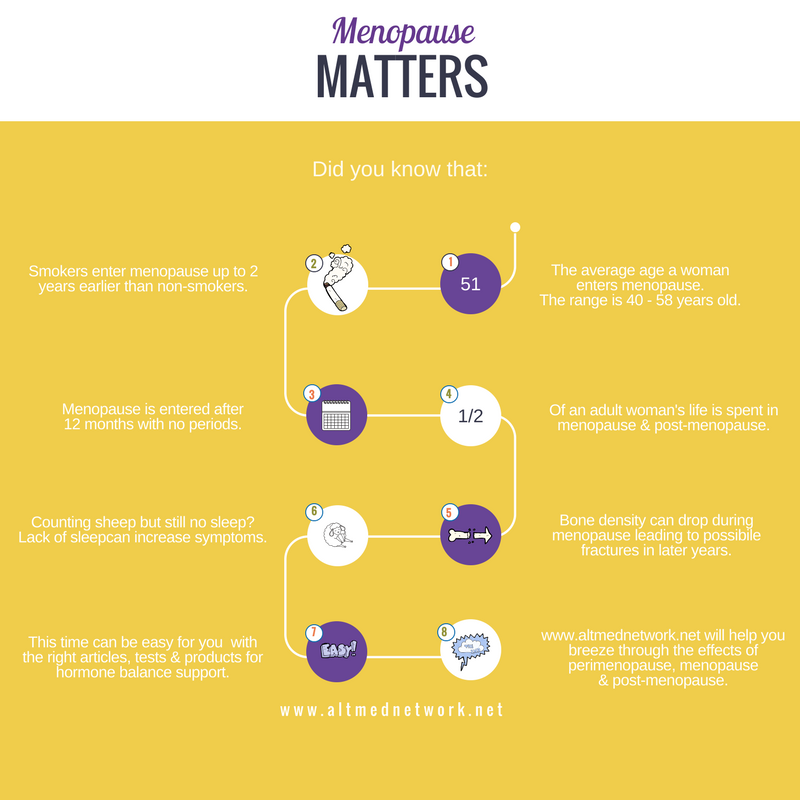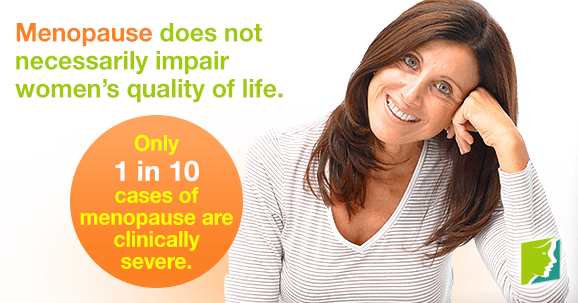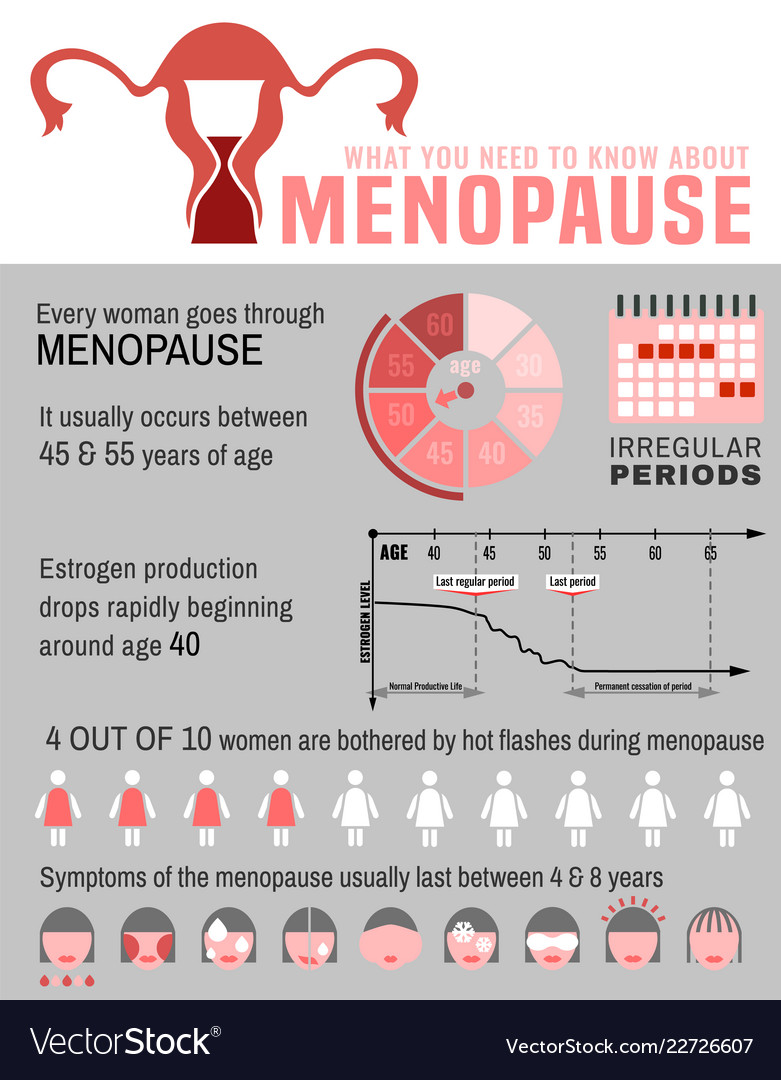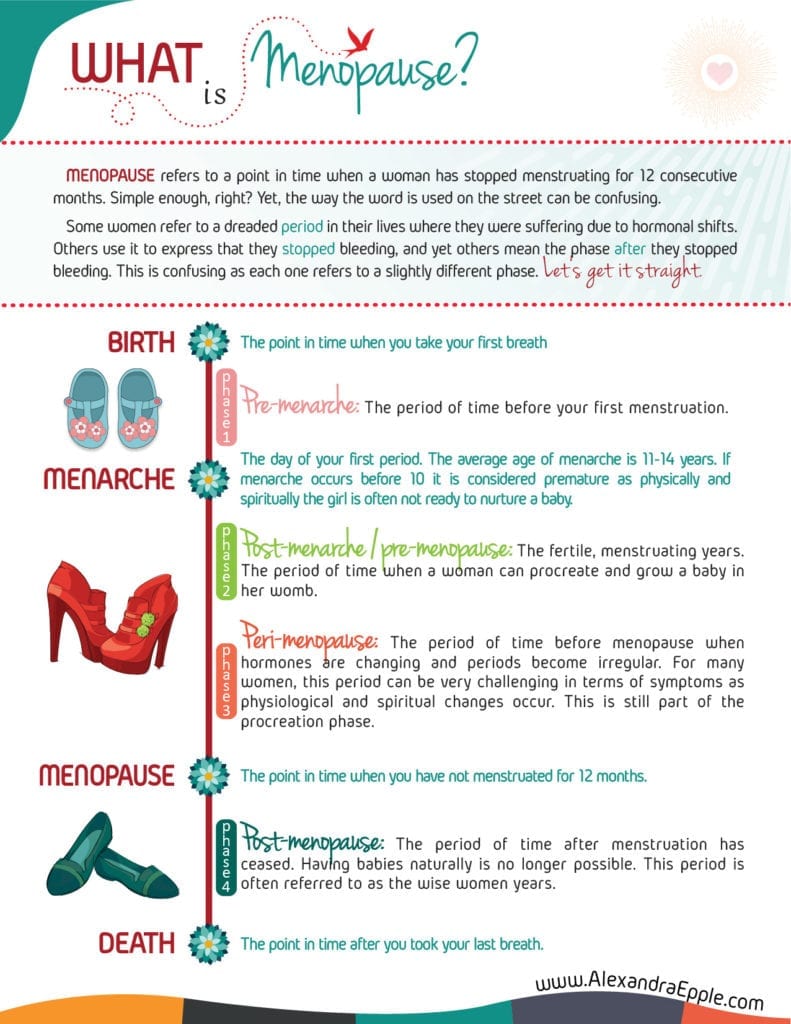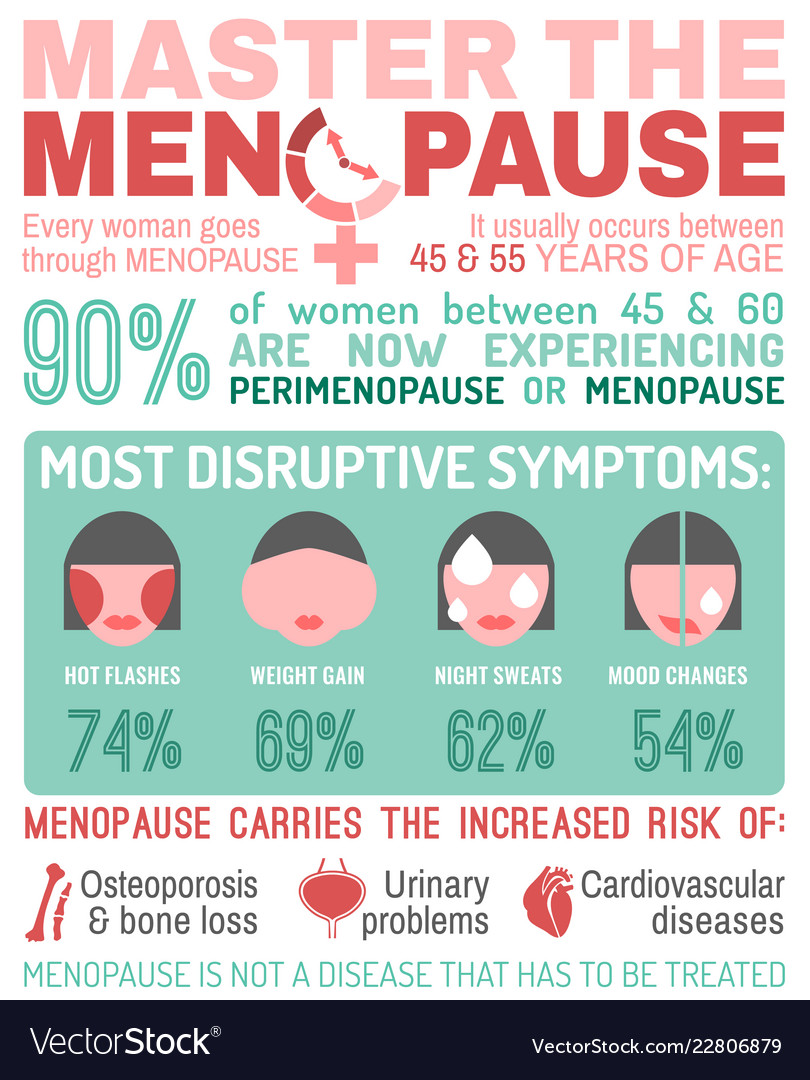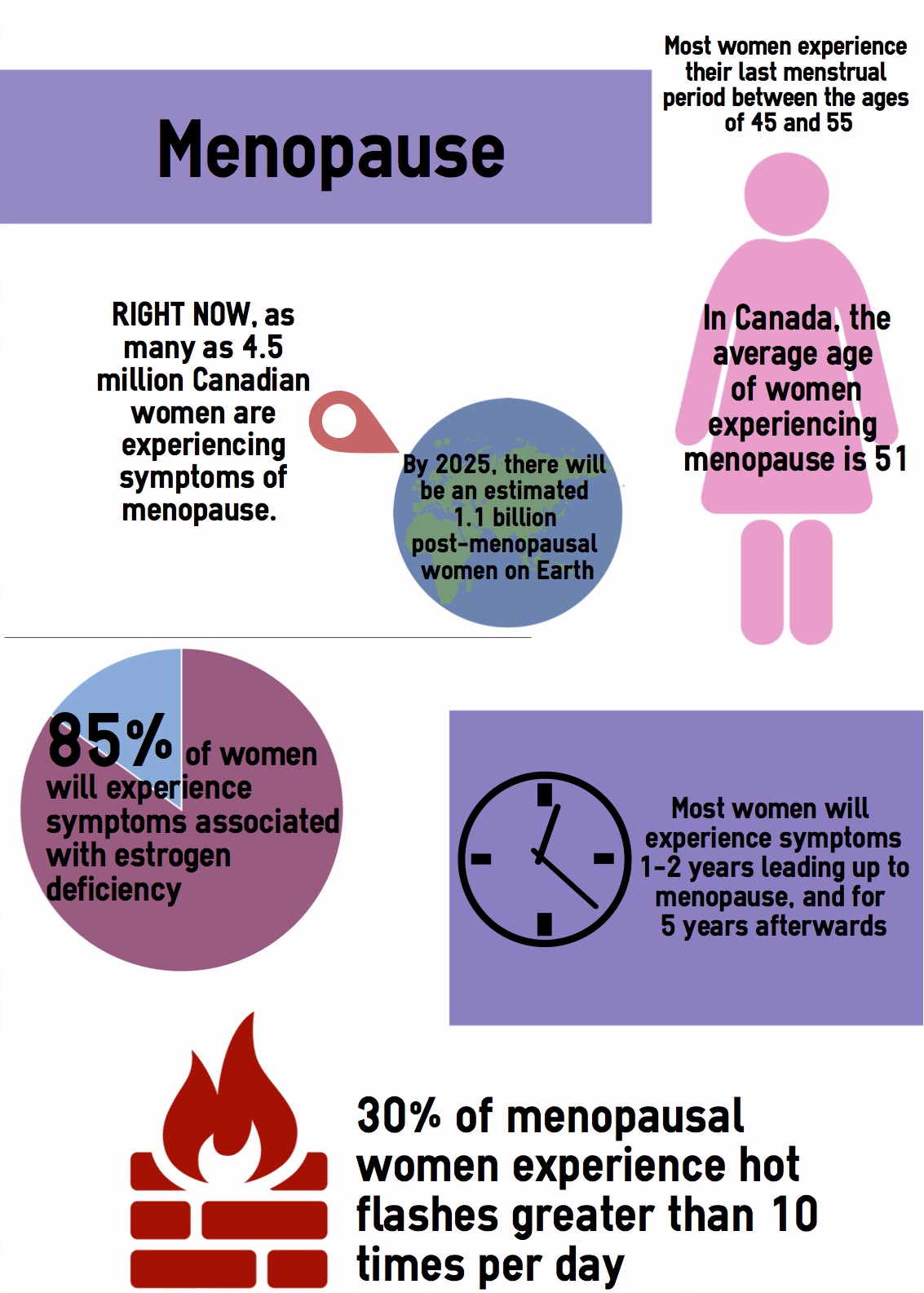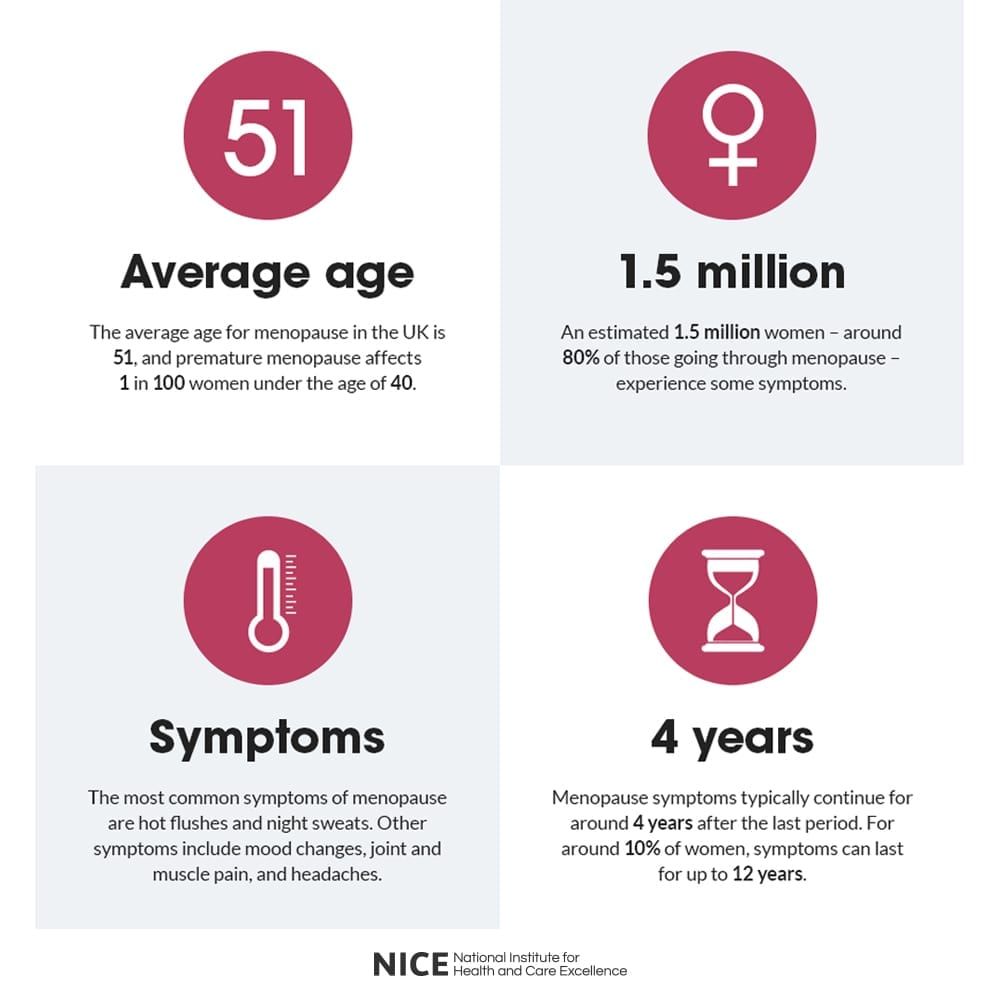The Facts About Menopause

Perimenopause can start in the 30s.
The facts about menopause. The transition from being. However while many of these symptoms are attributed to menopause there are other contributing factors to consider as well. Interesting facts about the menopause 1. The age you experience it can vary but it typically occurs in your late 40s or early 50s.
But some women can go through menopause early. Unwanted weight gain is common in menopause but not inevitable. Mood swings short term memory loss and difficulty thinking straight are common complaints from midlife women. Menopause is a regular part of aging when it happens after the age of 40.
It can last for 4 8 years. Blame it on history we can t quite get our heads around this but classical medicine actually defined women as deformed males who came closer to the male ideal after their menopause transformation. In fact approximately 61 percent of women who are postmenopausal experience frequent bouts of insomnia. Menopause is a natural biological process.
Menopause is not sudden. Perimenopause or menopause transition is the stage of a woman s reproductive life that begins several years before menopause when the ovaries gradually begin to produce less estrogen. Most people experience. It s diagnosed after you ve gone 12 months without a menstrual period.
During reproductive years most women become accustomed to their own hormonal rhythm. Menopause can happen in your 40s or 50s but the average age is 51 in the united states. The diagnosis is made when the woman hasn t had her period for 12 months in a row. Menopause can cause many changes in your.
It can be the result of surgery like if their ovaries are removed in a. Menopause occurs when a woman stops menstruating most often between age 45 and 55. Menopause is defined as having no menstrual period for one year. Your body reacts by trying to protect itself by actually storing fat especially around the waist hips and thighs.
Perimenopause is the stage before menopause. As you enter perimenopause and menopause estrogen levels drop naturally and may create a hormonal imbalance. For women transitioning into menopause sleep problems are often par for the course.



